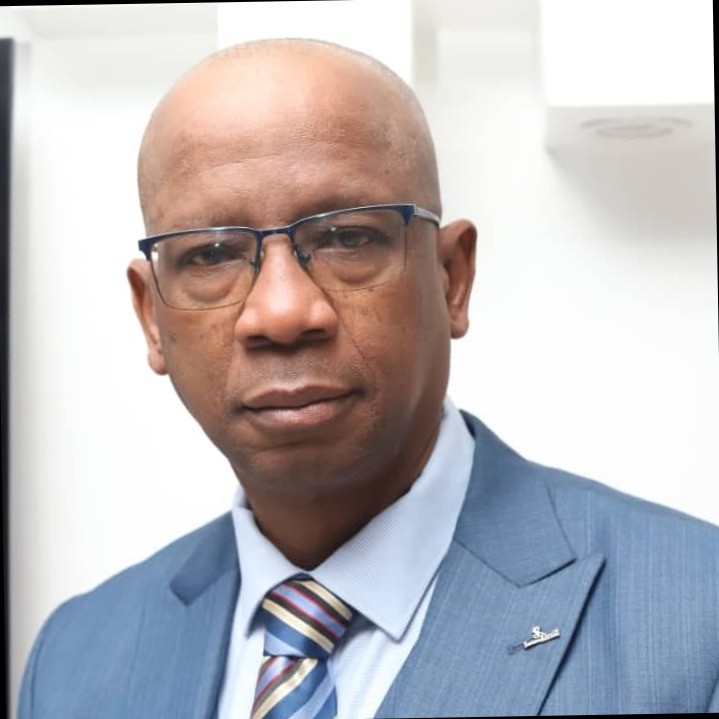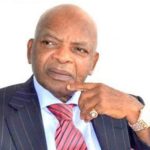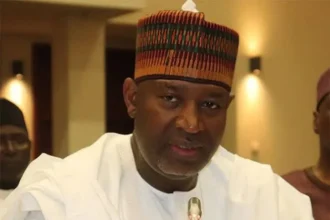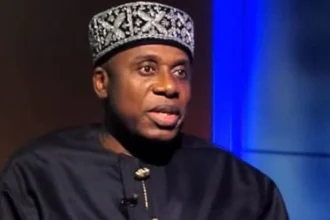...To get all news updates, Join our WhatsApp Group (Click Here)
Also Join our WhatsApp Channel (Click Here)
Lagos State Commissioner for Physical Planning and Urban Development, Dr Oluyinka Olumide, stated that 80 per cent of buildings in Ibeju Lekki have no approval.
He disclosed this in a recent interview with newsmen.
He said, “Just last week Thursday and Friday, myself and the team were in the Ibeju Lekki and Epe axis and you would agree with me that anybody passing through that corridor would see a lot of estates marked. We went there, and I can tell you that from what we saw, over 80 per cent of them do not have approval.
“The procedure to get approval is first to get the planning information, as to what those areas have been zoned for. In this case, what we have is agricultural land, and people now go to their families to buy agricultural land. Of course, those lands would be sold because those families do not know the use such land would be put to.
“The next thing to do is the fence permit. If you missed the earlier information on not knowing the area zoning, at the point of getting the fence permit, you would be able to detect what the area is zoned for. After that, the layout permits a large expense of land follows.”
Olumide noted that a layout permit cannot be obtained if it is not zoned for the purpose it was designed for or for the purpose it was being requested.
“So, you can see all these layers, but people still go ahead to start advertising. Some have even gone to the extent of displaying the sizes they want to sell. Imagine someone in the diaspora who wants to send money without any knowledge. Then, no approval is eventually gotten. Even if they pass the assignment and the survey to them, we would not grant the individual permit, because that area is not zoned for that purpose,” the commissioner explained.
In the same vein, the Chief Executive Officer of Octo5 Holdings, Jide Odusolu, said Lekki Peninsula’s masterplan got distorted post-2010 due to rapid development, with newer estates sidestepping old regulations.
He said, “The Lekki peninsula had a master plan which was originally launched when Bola Tinubu was the governor and updated under Babatunde Fashola. Almost all large estates along the Lekki corridor, especially those developed between 2000-2008, have approved layout plans. It was obligatory and rigidly enforced by the state government.
“However, starting in 2010, the plans became distorted with accelerated development, and many of the smaller schemes that sprung up deliberately sought to avoid the large infrastructure burdens carried by the legacy era developments.
“I am sure investigations with developers such as UPDC (Pinnock Beach), Trojan Estate, Aircom (Northern Foreshore), Cityscape (Buenavista), Howard Roarks (Lake View) and Octo5 (Ocean Bay) will reveal how they all spent huge sums providing infrastructure with zero support from the government while still paying punitive taxes.”
According to Odusolu, the government weaponised planning and titling for internally generated revenue, and that disincentivises compliance, leading to chaotic development.
Meanwhile, the Managing Director of Fame at Oyster & Co. Nigeria, Femi Oyedele, said most of the estates had layout plans that were not coordinated to form a planned city.
He noted that the communities that were not planned were the historic settlements that the government excised in the scheme.
“To do Lekki better, those estates which have been approved on the west and east arterial roads, which go down to Awoyaya on the east side and to Akodo on the west side of Lekki-Epe Expressway, must be demolished to make way for the planned roads.
“The kind of restoration done to Abuja by Nasir El’Rufai must be done in Lekki. Lekki Peninsular and Victoria Island have a population of over 3 million people. Glasgow has a population of less than 2 million people with twice the roads of Lekki Peninsula,” he enunciated.
You can get every of our news as soon as they drop on WhatsApp ...To get all news updates, Join our WhatsApp Group (Click Here)
Also Join our WhatsApp Channel (Click Here)











